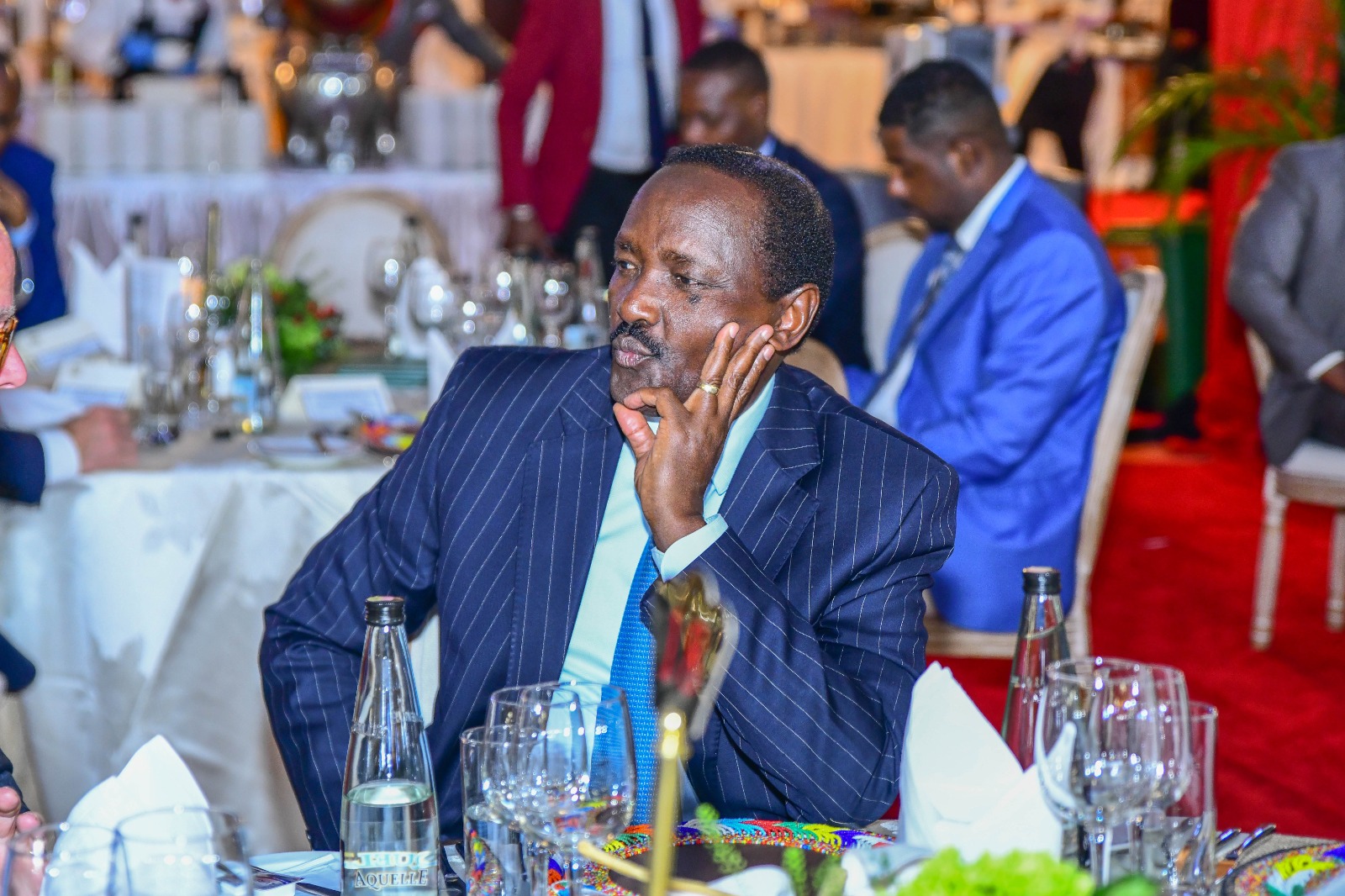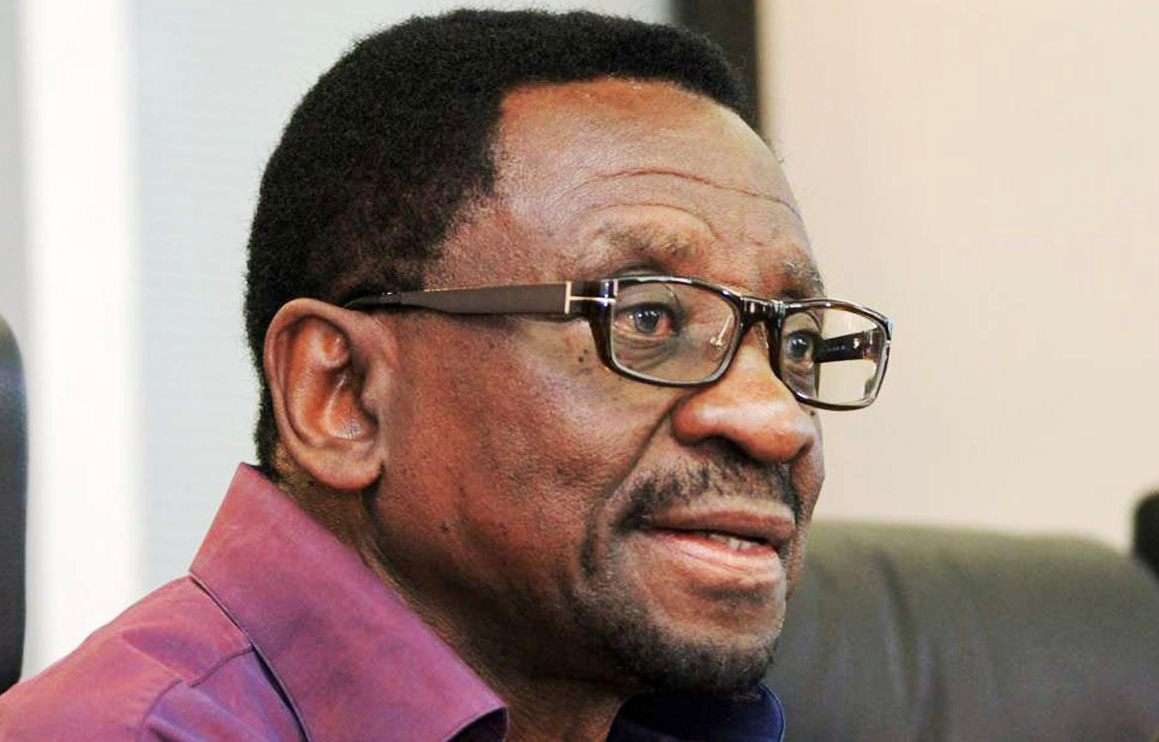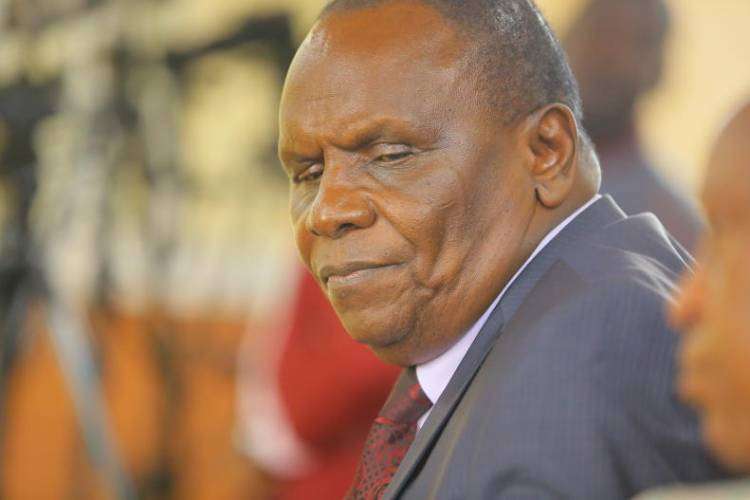TWV Political Desk
Just hours after presiding over a high-profile opposition meeting at his Nairobi command centre, Wiper leader Kalonzo Musyoka’s fortunes took a dramatic turn in Tharaka Nithi County. His attempt to inaugurate new Wiper offices met resistance, heckling, and disruptions. This has since sparked debate over his national standing and presidential ambitions.
The Wiper party’s top leadership has publicly accused both government and opposition rivals of stage-managing the fiasco. At the heart of the storm are claims that the heckling in Kibong’a, where unruly youths interrupted Kalonzo’s address with chants of “two terms” and pro-government slogans, was no spontaneous occurrence. Experts argue it was a calculated political manoeuvre aimed at humiliating him and restricting his influence beyond his Ukambani strongholds of Kitui, Machakos, and Makueni.
By portraying Kalonzo as unable to command respect in Mount Kenya counties, the disruption is being used to reinforce the argument that he remains a regional, not national, figure. This incident, analysts warn, provides rivals with a tangible example to challenge his viability as a single opposition flagbearer for 2027. His struggle outside Ukambani becomes a focal point, directly undermining his aspiration for broader national appeal.
The blame game has only deepened the intrigue. While Kalonzo’s allies accuse Deputy President Kithure Kindiki of orchestrating the humiliation, intelligence sources suggest that some opposition figures may also have been complicit.
Another narrative implicates Rigathi Gachagua’s Democratic Change Party (DCP). The Mount Kenya region is widely regarded as DCP’s unassailable stronghold, and Gachagua has publicly declared it his political domain. Any party seeking to establish a presence there is expected either to do so under his patronage or not at all. Kalonzo’s decision to open a Wiper office without Gachagua’s consent was therefore interpreted as a direct challenge.
The optics of the aborted rally were disastrous for the former Vice President. Forced to cut short his speech under a barrage of hostile chants, Kalonzo left Tharaka Nithi with his national credibility visibly dented. Whether the incident reflected genuine grassroots rejection or a carefully scripted political play, the damage to his image is undeniable.
As the opposition coalesces around a unified ticket, Kalonzo’s perceived inability to expand his influence beyond his stronghold, sharply exposed by the Tharaka Nithi episode, could be used decisively by rivals to exclude him from the presidential race.





